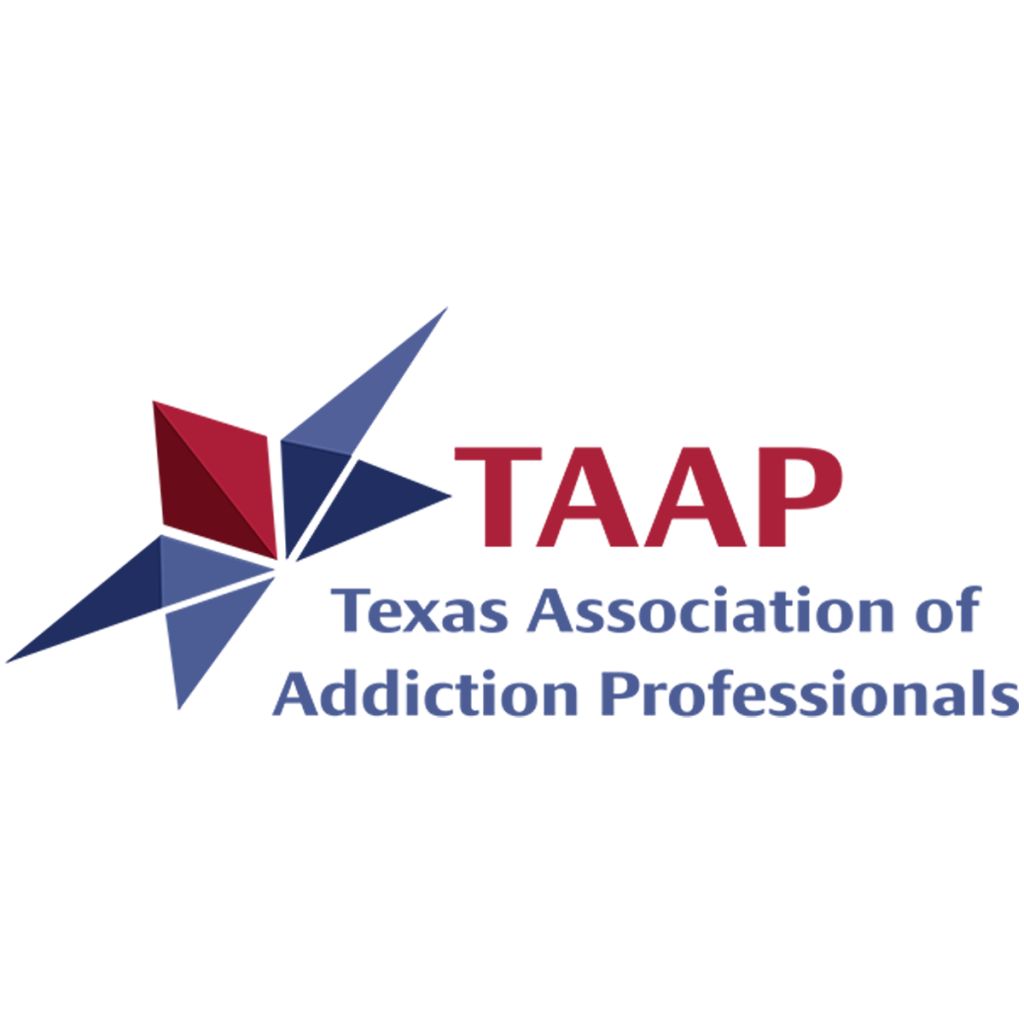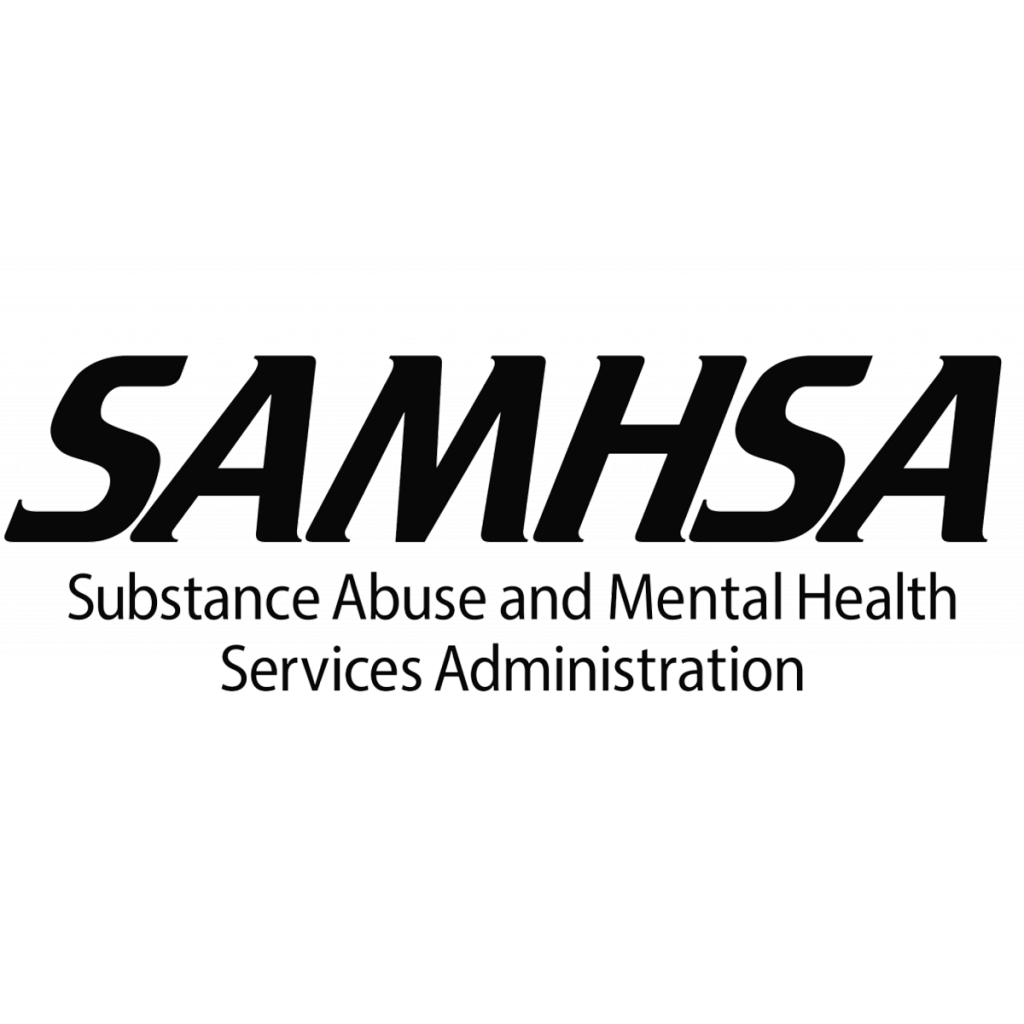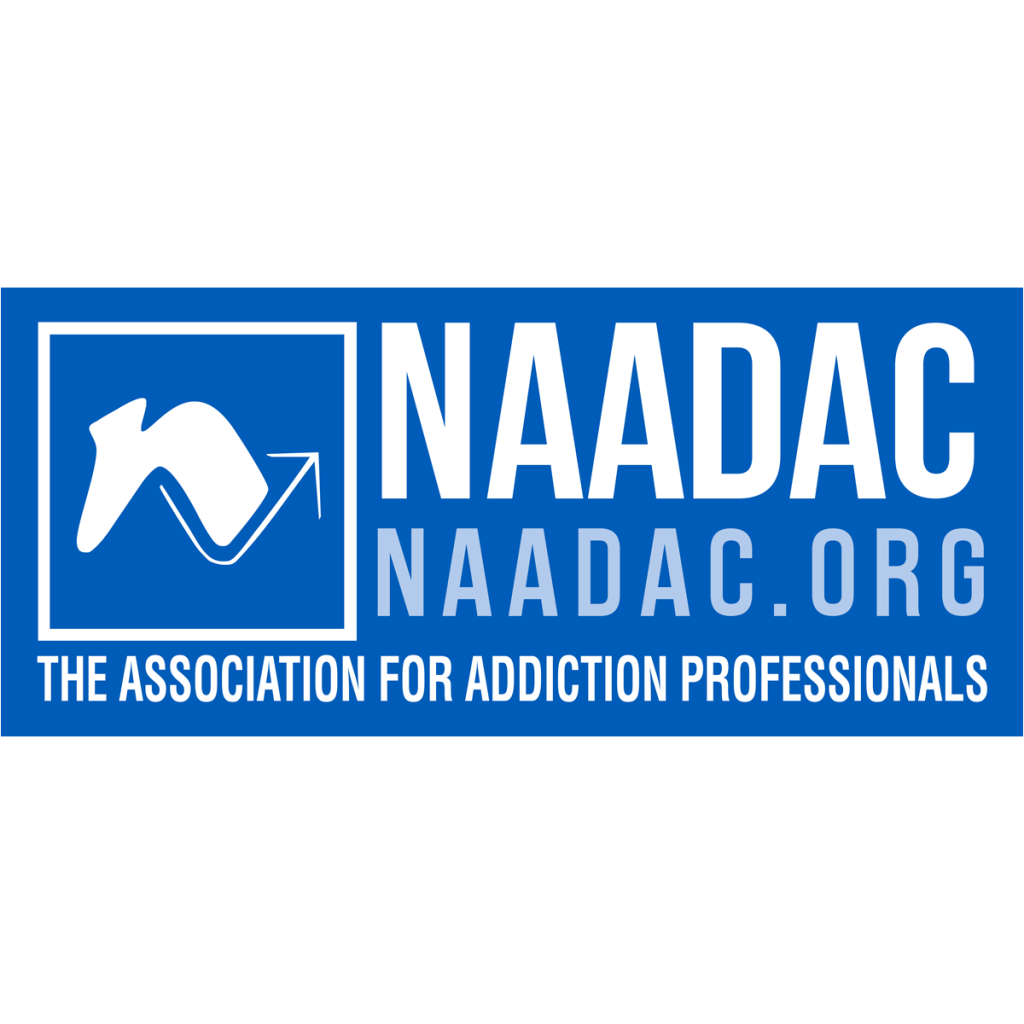
Table of Contents
The behavioral model of addiction focuses on the idea that certain behaviors, or actions, trigger a response in the brain called the reward circuit. When this happens, the brain responds with a feeling of elation and often continues to respond to similar stimuli. This can result in continued engagement in triggers and lead to an individual developing an addiction. The behavioral model of addiction is one of the most well-known and widely discussed models of addiction today because it explains many commonalities between different types of addictions. It also leads to beneficial insights that advance our knowledge of prevention programs and recovery from addictions. This article provides an overview of this model along with specific examples relevant to substance abuse and drug addiction treatment that you may find helpful.
What Is the Reward Circuit?
The reward circuit is a part of the brain that receives signals when a person engages in activities that produce positive feelings. This can be for a variety of reasons including positive outcomes like eating certain foods or engaging in social activities. It can also be triggered by specific stimuli like the smell of certain foods or the sound of certain music. When an individual engages in rewarding activities, the reward circuit is activated. It signals other parts of the brain that result in feelings of pleasure. This can lead to compulsive urges to engage in similar behaviors that trigger the reward circuit once again.
An individual in recovery from substance use or addiction can experience a disruption in this reward circuit. When substance abuse occurs, the reward circuit develops an unhealthy dependence on substances that produce the same reward. When substance use stops, the brain’s reward circuit continues to crave the feel-good chemicals produced by the abused substances. The brain will continue to crave them, even more, when the person tries to quit.
Why Does the Reward Circuit Become Dysfunctional in Addiction?
First, when an individual engages in substance abuse, the reward circuit is triggered each time the substance enters the system leading to a feeling of elation. This can result in a person developing a substance use disorder. Second, as substance use progresses, the person may begin to engage in behavior that triggers the reward circuit as well as other parts of the brain (such as the prefrontal cortex). When this occurs, the reward circuit can become even more dysfunctional. This leads to an individual craving substances even more and engaging in compulsive behaviors. In addition, the individual may feel depressed and anxious if they try to quit. They miss the high associated with the substances.
What are Some of the Models of Behavioral Addiction?
Moral Model
Many rehab clinics around the world and in America still use the outdated moral model of addiction as their foundation for treatment. This model frames addiction as a matter of moral weakness and responsibility as the cure. However, no meaningful research supports this assertion, so it’s really a relic.
Disease Model
Addiction is undoubtedly a disease. And the disease behavioral model of addiction elevates the elements of addiction that make it one. However, viewing addiction as just a disease is often troublesome when trying to comprehend what motivates people to addiction and how they can be cured. Abstinence is the only therapeutic solution provided by the disease model of addiction.
Socio-Cultural Model
The sociocultural model of addiction takes a long-term perspective on addiction and examines systemic factors that contribute to it. Socioeconomic and cultural deprivation, as well as discrimination, are common in marginalized minorities. And these characteristics consistently lead to drug abuse. This theory suggests focusing on affordable housing and economic equality as a strategy to treat addiction.
Psycho-Dynamic Model
The psycho-dynamic model of addiction looks into the causes of addiction by looking into our traumas and mental illnesses. It seeks to understand and treat the roots of addiction by using therapy. Using statistics, it is evident that people who have suffered from childhood trauma or mental illness are at a higher risk of becoming addicted to drugs.
Recovery With Nova
At Nova Recovery Center, Houston we provide our patients with a very comfortable detox process, where medical professionals provide monitoring and care around the clock. You will be provided with all the medications you need to combat the withdrawal symptoms. You will then be enrolled in the in-patient recovery program where you’ll learn to stay away from drugs, through counseling, group therapy, and so on.
Nova Recovery Center commits to helping you overcome your addiction so you can get back to what is most important to you. If you or someone you know are struggling with addiction, Nova Recovery Center can provide support. We have locations in Austin, Houston, and Wimberley Texas. Call today to begin your journey in recovery at (888) 428-1501.





